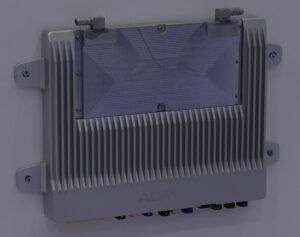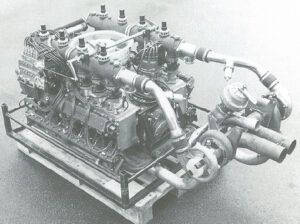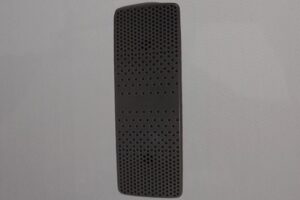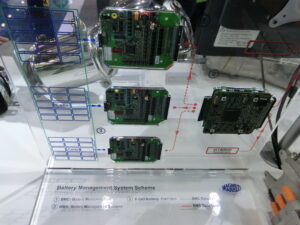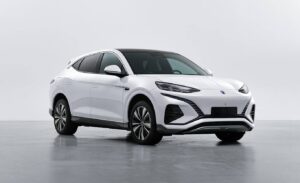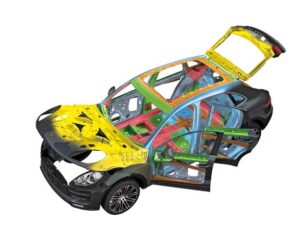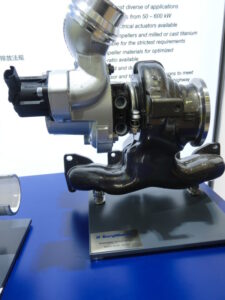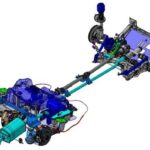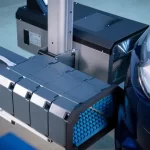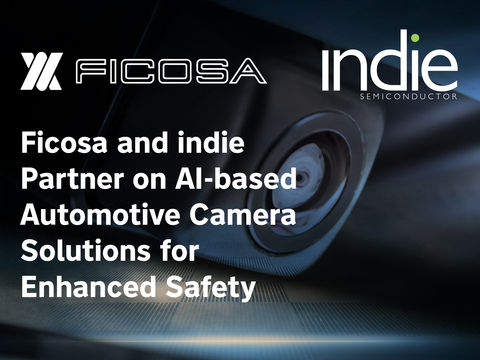
indie Semiconductor, Inc. and Ficosa have executed a collaboration agreement to develop and commercialize automotive camera solutions deploying neural network-based (NN) artificial intelligence (AI) processing.
The partnership will leverage Ficosa’s near decade-long expertise as a high-volume vision solution supplier, and indie’s field-proven, proprietary vision processing technology to deliver breakthrough imaging and in-camera object detection performance, particularly for challenging edge sensing applications. The companies intend to sample the first smart camera solutions employing their combined technologies in 2024, and expect to ramp into volume production by 2025.
Government regulators and new car safety assessment programs (like US and Euro NCAP) are increasingly seeking to specify protection for vulnerable road users (VRU) such as pedestrians and cyclists, especially for back-up and eMirror scenarios. In fact, Euro NCAP has implemented VRU safety test protocol since 2020, and in the United States the National Highway Transportation Safety Administration (NHTSA) has this year proposed updates to NCAP to provide consumers with information about crashworthiness and pedestrian protection of new vehicles. As a result, Automakers are demanding volume scalable camera-based Advanced Driver Assistance System (ADAS) solutions that provide not just passive viewing capability, but also intelligent sensing to actively detect pedestrians.
The camera solutions of today either deploy classical vision algorithms, with limited detection performance across challenging environmental conditions, or rely upon power-hungry host processing for object detection. indie’s NN-based AI vision solutions can enable improved detection with ultra-low power in a compact form factor for these real-world edge sensing scenarios.

